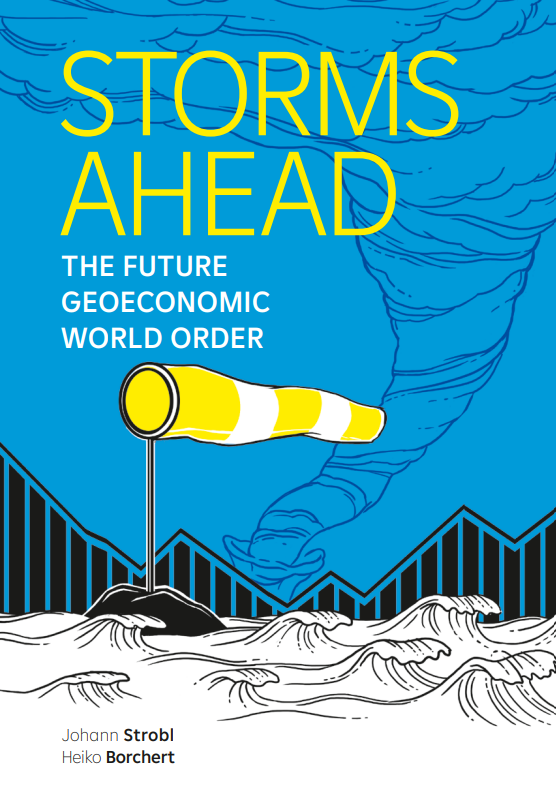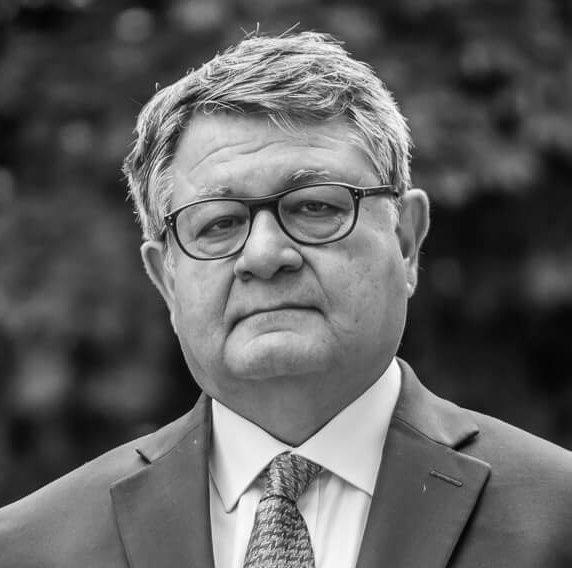Blog Post
Europe’s Dysfunctional Growth Compact
Recently, a €10 billion ($13 billion) shortfall in this year’s European Union budget came to light. As a result, the EU cannot reimburse member states for recent unexpected expenditures, including emergency outlays, such as aid to Italian earthquake victims, and spending aimed at boosting economic growth and employment, such as the accelerated absorption of unused […]
Recently, a €10 billion ($13 billion) shortfall in this year’s European Union budget came to light. As a result, the EU cannot reimburse member states for recent unexpected expenditures, including emergency outlays, such as aid to Italian earthquake victims, and spending aimed at boosting economic growth and employment, such as the accelerated absorption of unused Structural and Cohesion Funds. Member states have refused the European Commission’s request for extra contributions to cover the shortfall, causing talks over next year’s budget to collapse.
Meanwhile, negotiations over the 2014-2020 Multiannual Financial Framework (MFF), the central-planning instrument for the use of EU funds, have broken down, owing to disagreement over key issues, including the size of the budget and the composition of expenditure. The decision has been postponed until early next year.
The situation has highlighted the ambiguity surrounding the EU budget’s role in European integration. While all EU leaders have advocated using the budget to stimulate economic growth, little action is being taken. This raises doubts about the so-called “growth compact” launched by the European Council in June, particularly about the political commitment to mobilize €120 billion quickly by reallocating unused Structural and Cohesion Funds and increasing the European Investment Bank’s lending capacity.
Indeed, although European governments have agreed to encourage faster absorption of EU funds in crisis countries, they have refused to pay into the EU budget to enable the funds’ disbursement. This contradiction signals that national interests continue to prevail in EU budget negotiations, which are often exploited for domestic political gain in member states. Unless a mechanism is introduced that facilitates the rapid disbursement of EU funds, thus insulating the budget from destructive politicization, these funds cannot be used to stimulate growth in times of crisis.
Not all member states contribute equally to the EU budget; some are net contributors, while others are net beneficiaries. At the end of EU-financed investment projects – payments for which are agreed and executed in the annual budget framework – the money is transferred to the beneficiary. Cash to net beneficiaries is paid in by net contributors.
One country’s inflow of EU money is thus another country’s outflow – and these are grants, not loans. As a result, agreement every seven years on overall expenditures is inadequate to preclude conflict on annual budgets.
Nonetheless, steps can be taken to prevent political deadlock in budget negotiations, while increasing the budget’s flexibility so that it can be used to stimulate growth. For example, some leveraging of the budget could be allowed, although this would spark controversy, given that EU treaties require that the budget remains balanced at all times.
But the EU budget has already enabled an indirect form of leveraging: the European Commission’s use of implicit budget guarantees to raise capital on financial markets. These funds are used to provide financial assistance to non-eurozone EU countries through the Medium-Term Financial Assistance Facility, to eurozone countries through the now-expired European Financial Stabilization Mechanism, and to partner third countries.
Between the MTFA, the EFSM, and payments to third countries, the total exposure this year is €70.5 billion. Some borrowing over the seven-year MFF period may be possible, while upholding the medium-term objective of a balanced budget.
Such leveraging of the EU budget would complement the recently established European Stabilization Mechanism (the successor to the EFSM) and the MTFA. Countries receiving assistance should be given the option of applying for an anticipated disbursement of EU funds. Following a request by a member state, the Commission would be entitled to borrow on capital markets under the implicit EU budget guarantee, with the maximum amount determined by the size of the country’s unused (pre-allocated) Structural and Cohesion Funds. The capital would be repaid in annual installments as the funds become available through the EU budget, while the national co-financing rate would apply to interest payments.
This framework would reduce incentives for using annual EU budget negotiations to advance political agendas. Net contributors would be locked into a relationship with the markets – a convincing creditor. At the same time, imposing conditionality on this kind of disbursement would enhance legitimacy, as opposed to the current framework, in which beneficiaries seek entitlements. Indeed, all EU countries – not just eurozone members – would benefit from such a framework.
Such an initiative could co-exist with European Council President Herman Van Rompuy’s proposal to create a risk-sharing mechanism only for eurozone countries. The revamped growth compact would more effectively allocate European resources and increase the flexibility of permanent transfers from rich to poor countries – provided that the money is used for productive investment. Van Rompuy’s budget would also help to stabilize the eurozone in the event that asymmetric shocks require temporary transfers from unaffected to crisis-stricken countries.
In fact, the two instruments may well be complementary in eurozone countries. Crises are typically associated with a drop not only in actual growth, but also in a country’s growth potential, owing to deferred investment. A risk-sharing facility could limit the decline in actual growth after a crisis, while prompt EU-financed investment would prevent a country from shifting to a lower growth path.
A version of this article was originally published in Project Syndicate
Republishing and referencing
Bruegel considers itself a public good and takes no institutional standpoint. Anyone is free to republish and/or quote this post without prior consent. Please provide a full reference, clearly stating Bruegel and the relevant author as the source, and include a prominent hyperlink to the original post.














